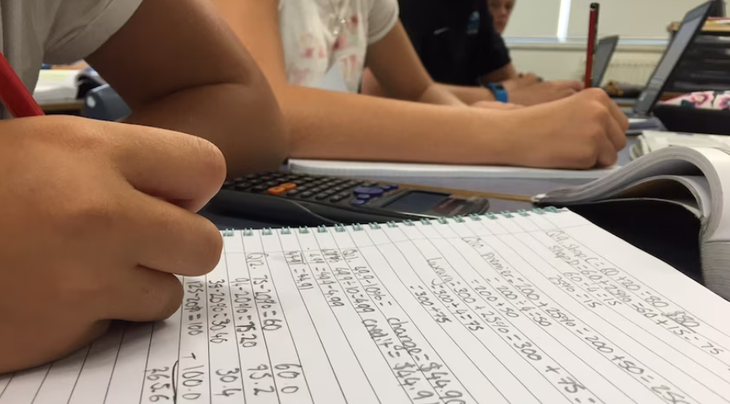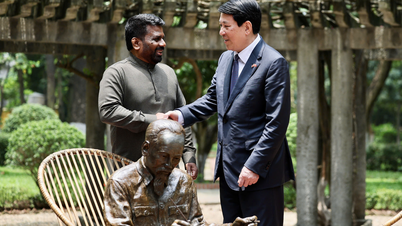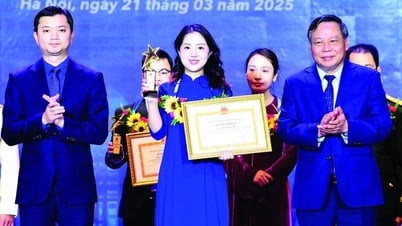
Early math experiences help children understand the meaning of numbers, the relationships between them and calculations - Photo: ABC News
The question "Should children focus on memorizing facts and multiplication tables, or should they learn math in a more conceptually in-depth approach?" has long divided the education community.
A new scientific report offers a compelling answer: children learn math most effectively through a structured, evidence-based process.
According to research published in the journal "Psychological Science in the Public Interest," an effective learning cycle begins with building a solid foundation of understanding of mathematical concepts, followed by short periods of time-limited practice to develop rapid calculation skills, and ends with reflective discussion to consolidate and deepen knowledge.
The study's authors, including leading experts on children's math learning such as Nicole McNeil (University of Notre Dame), Nancy Jordan (University of Delaware), Alexandria Viegut (University of Wisconsin-Eau Claire) and Daniel Ansari (Western University), expanded the definition of math proficiency.
According to them, math proficiency is not simply the ability to remember and calculate quickly, but also includes the ability to recognize and apply numerical relationships when solving problems.
Mathematical skills development begins in early childhood with the development of number sense and arithmetic reasoning. Just as learning phonemes supports reading skills, early mathematical experiences help children understand the meaning of numbers, their relationships, and operations.
Parents and teachers can take advantage of opportunities in everyday life to help children count and identify the total number of objects in familiar sets, such as blocks or grains.
According to the researchers, teaching mathematics to children requires early progress monitoring to detect gaps in number perception, explicit instruction in thinking strategies such as using the number 10 as a reference point, and structured practice. Timed practice should be introduced after children have demonstrated high accuracy with calculations, combined with discussion and reflection to help them gain a deeper understanding of the fundamentals of arithmetic.
Research shows that students with strong math skills are better equipped to learn algebra, solve word problems, and reason with fractions. Math skills are also linked to academic achievement and future earnings. The researchers call for teaching methods that are based on scientific evidence about how children learn, and suggest that more knowledge of developmental cognitive science be included in teacher training.
Professor Melissa E. Libertus of the University of Pittsburgh emphasized the need for more research on the use of digital tools to support personalized math learning and the role of parental math anxiety. However, she agreed that the proposed methods would play an important role in helping students develop the math skills needed for future jobs.
Source: https://tuoitre.vn/nghien-cuu-moi-tiet-lo-cach-hoc-toan-hieu-qua-nhat-cho-tre-2025050508224438.htm






![[Photo] Vietnam and Sri Lanka sign cooperation agreements in many important fields](https://vphoto.vietnam.vn/thumb/1200x675/vietnam/resource/IMAGE/2025/5/5/9d5c9d2cb45e413c91a4b4067947b8c8)



















![[Photo] President Luong Cuong and Sri Lankan President Anura Kumara Dissanayaka visit President Ho Chi Minh relic site](https://vphoto.vietnam.vn/thumb/1200x675/vietnam/resource/IMAGE/2025/5/5/0ff75a6ffec545cf8f9538e2c1f7f87a)































































Comment (0)